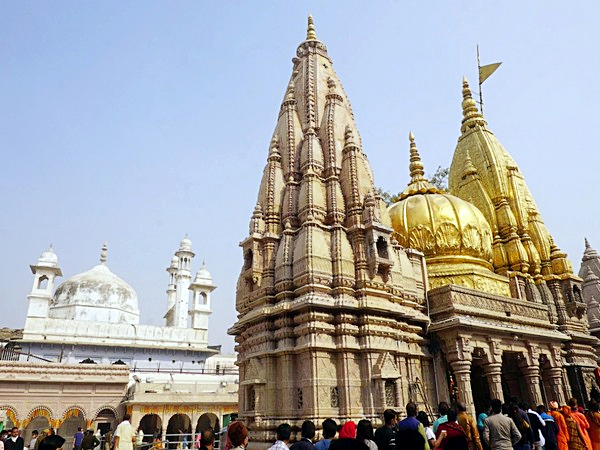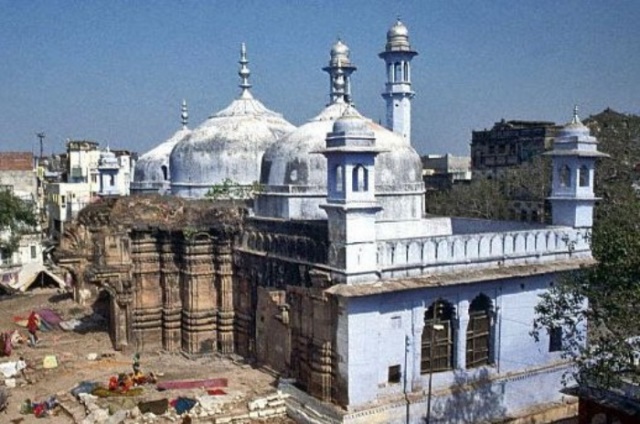SP leader and Rampur MLA Azam Khan were on Friday disqualified from the membership of the Uttar Pradesh Legislative Assembly, as per the Office of UP Assembly Speaker, a day after he was sentenced to 3 years in prison along with a fine of Rs 2,000 in a hate speech case of 2019.
Khan has been sentenced to three years in prison in a 2019 hate speech case by the Rampur District court, and he lost his Assembly membership as his eventual imprisonment term is longer than two years.
The SP leader lost his MLA post because as per the 2013 Supreme Court judgment if an MLA, MLC, or MP is convicted in a criminal case and gets jailed for a minimum of two years then he/she loses membership of the house with immediately effect.
Azam Khan won the 2019 Lok Sabha election from Rampur (UP) but he vacated this seat after being elected to the UP state assembly in March 2022. The SP leader had won the 2022 assembly election from Rampur while being lodged in Sitapur jail.
Earlier on Thursday, the Samajwadi Party leader and two other accused were sentenced to three years in prison along with a fine of Rs 2,000 in a hate speech case filed against him over his speech against UP Chief Minister Yogi Adityanath. However, he has been granted bail and given a week’s time to appeal against the sentence.
A case was registered against Khan in Rampur in April 2019 for allegedly making provocative remarks against the Uttar Pradesh CM and the then District Magistrate of Rampur, Aunjaneya Kumar Singh.
During the 2019 Lok Sabha election campaign, Khan had used provocative remarks against the then Rampur district magistrate Aunjaneya Kumar Singh, chief minister Yogi Adityanath, Prime Minister Narendra Modi, and Congress candidate Sanjay Kapoor.
Earlier this year, Azam Khan was released from Sitapur district jail, a day after the Supreme Court granted him interim bail in an alleged case of cheating.
The SP leader was also granted bail in a cheating case lodged at the police station in Rampur.
Khan has been lodged in Sitapur jail since February 2020 as many cases are registered against him.
Earlier, in a big relief to the SP leader, the Allahabad High Court on October 1, 2022, had put his arrest on hold. The matter pertains to the disappearance of machines used for construction in 2017 for which a case was registered on September 19, this year.
A person named Baqur Khan brought the case to the fore. The missing machinery including bulldozers, carriers, and other materials was later found on the premises of Muhammad Ali Jauhar University. The Allahabad HC also sought a reply from the Uttar Pradesh government on this matter.
On May 10, 2022, the Allahabad HC granted interim bail to Khan in a case related to wrongful possession of Waqf Board property.
Azam Khan began his political career by winning the 1980 assembly election on Janata Party (Secular) ticket from Rampur. He has served as a minister in both Akhilesh Yadav and Mulayam Singh Yadav governments. (ANI)
Read More:http://13.232.95.176/



